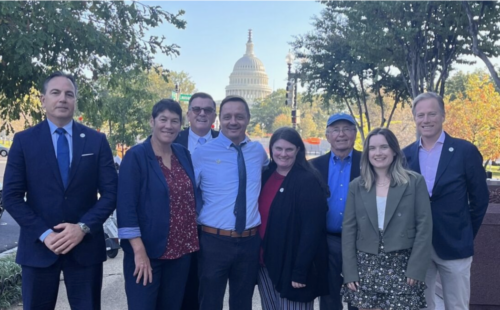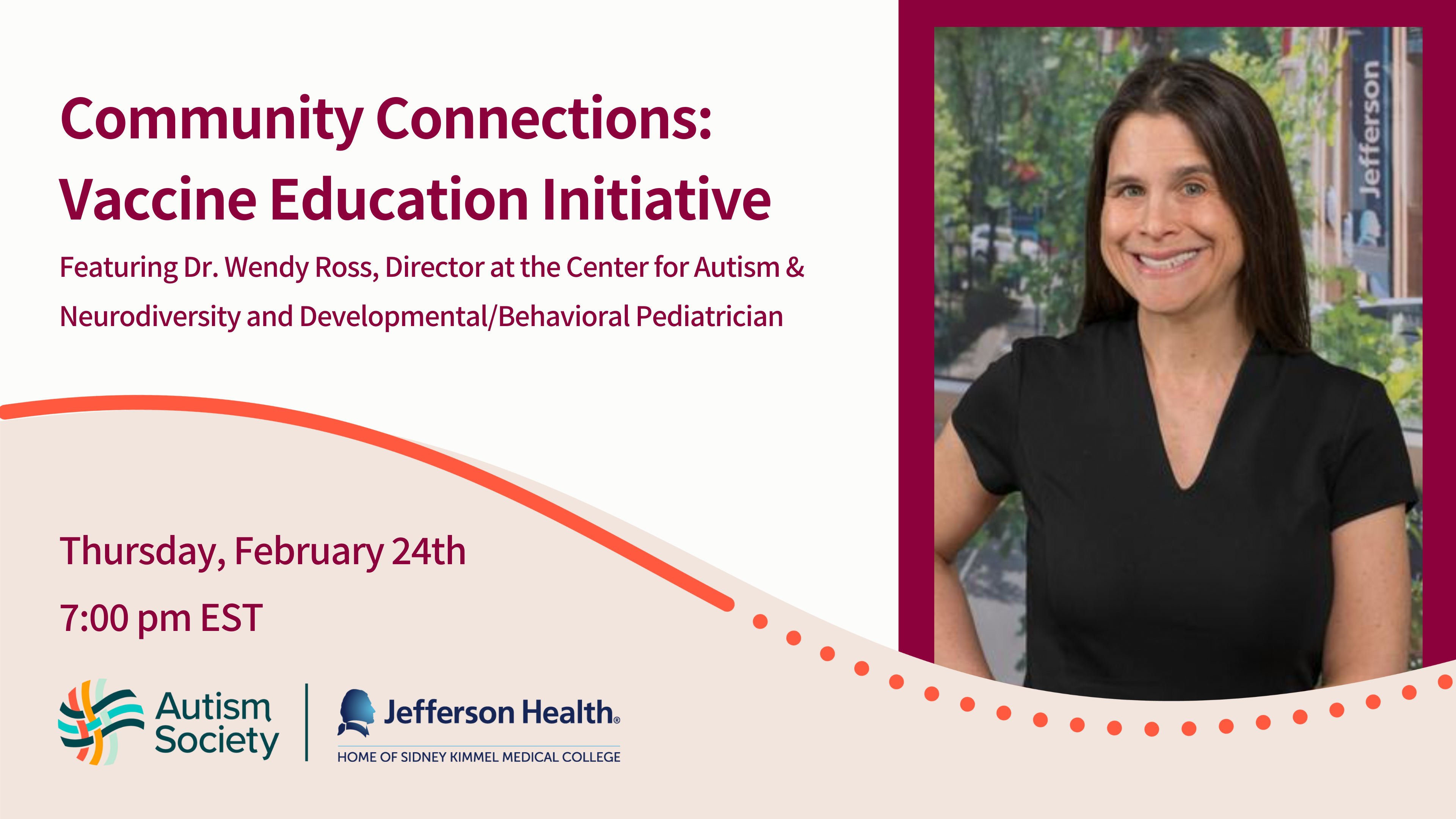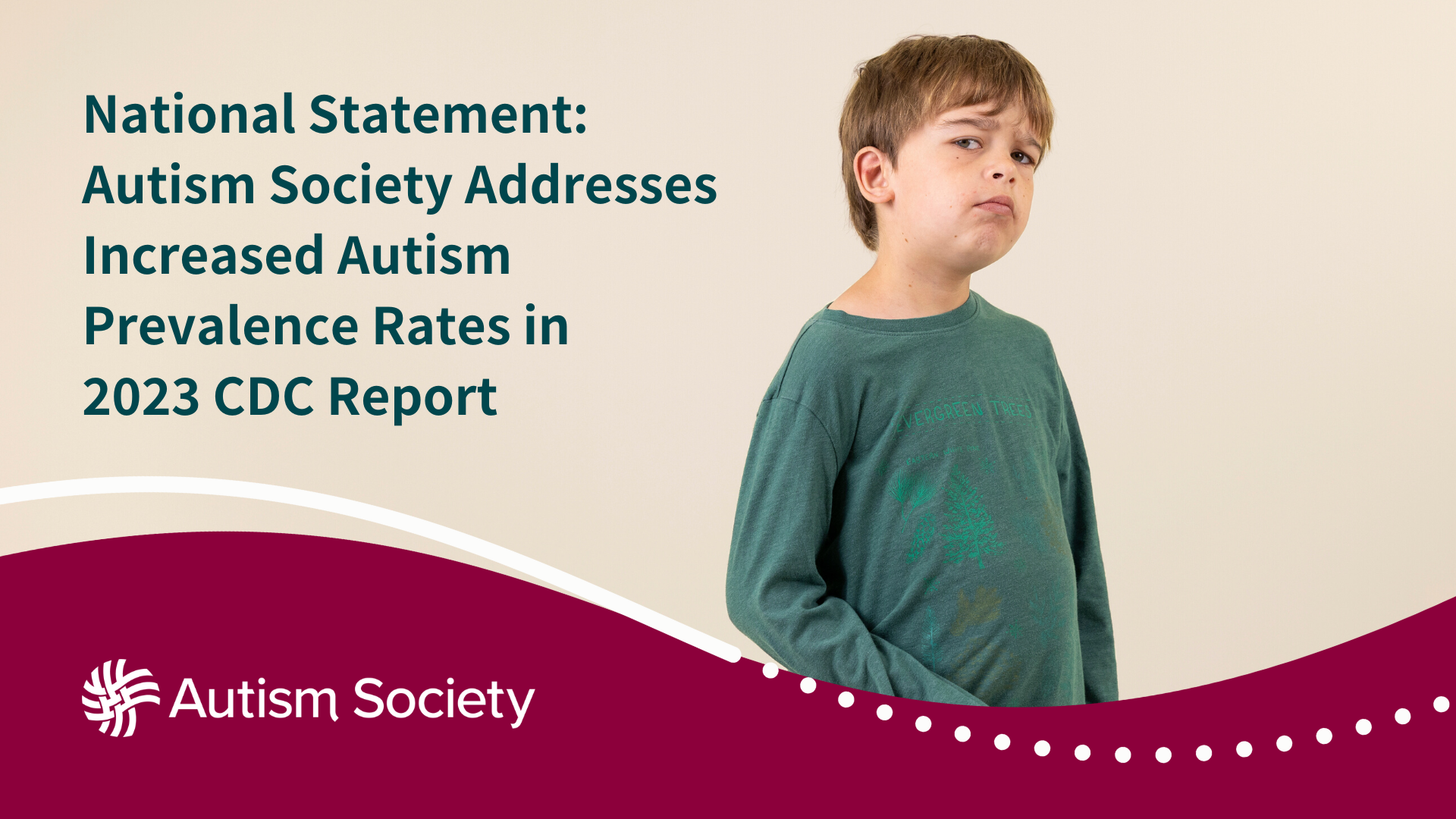
In this issue of Capitol Connection, find an update on the Speaker election and its impact on appropriations and other legislation. In addition, learn about new grants given from the Department of Education to support families and special educators. Please use the Autism Society’s Action Center to educate your Members of Congress to support funding for Autism related programs.
Speaker and Appropriations Update
Government programs continue to run under a continuing resolution (CR) until November 17. Meanwhile, the House of Representatives is unable to move appropriations or any other bills until they can select a Speaker (House leader). The House voted twice this week against Rep. Jim Jordan (R-OH), the nominee for Speaker, on Tuesday and Wednesday. The loss means the speaker job remains vacant two weeks after eight Republican lawmakers and all Democrats moved to remove McCarthy as the House’s leader, though Patrick T. McHenry (R-NC), remains in a limited interim Speaker role.
With the House left at a standstill amid foreign conflicts and another looming government shutdown, some Representatives are talking about offering a resolution to formally give temporary Speaker McHenry the ability to bring bills to the floor while they figure out who can garner the votes needed to become Speaker.
On the Senate side, appropriators continue to work on appropriations but the work is slow. All 12 funding bills have been approved by the Appropriations Committees. However, none have been passed by the full Senate.
The Autism Society will continue to monitor the appropriations process closely.
Board of Directors on the Hill

On October 12, the Autism Society Board of Directors participated in meetings with their Members of Congress and staff to educate them on several issues important to the Autism community. Topics covered include the reauthorization of the Autism CARES Act, the need for additional funding and support for home and community-based services, and criminal legal issues. Those who were unable to join in person, are scheduling virtual meetings.
Special Education Personnel Grants
The Office of Special Education Programs (OSEP) at the U.S. Department of Education has announced 138 new awards for more than $35 million in funding to support personnel preparation, ongoing professional learning, and leadership development for educators working with students with disabilities. Data from the National Center for Education Statistics showed that about half of public schools in the country operated without a full teaching staff in 2022, with special education teaching positions having the highest vacancy rates. To learn more about the awards, visit here.
Parent Engagement Grants
The Biden Administration announced over $11 million in grants to 12 organizations across the country to build family engagement programs in K-12 schools. The grants are through the Statewide Family Engagement Centers program under the U.S. Department of Education and focus on empowering families to be an advocate during their children’s educational experience. The 12 awardees are listed at the bottom of this webpage. Affiliates can reach out to these organizations to share any resources on Autism.
Social Security Benefit Increase
The Social Security Administration announced that Social Security beneficiaries will receive a 3.2 percent payment bump due to an increase in the cost of living. This will result in payment of $50 more per month starting in 2024, including for Supplemental Security Income (SSI) payments.
CMS Nursing Home NRPM
Last month, the Centers for Medicare & Medicaid Services (CMS) released a Notice of Proposed Rulemaking regarding minimum staffing standards in nursing homes and other long-term care facilities, such as intermediate care facilities (ICFs). The proposed rule includes three elements. The first is a new individual minimum staffing standard of 0.55 hours per patient per day for registered nurses and 2.45 hours per patient for nurse aides. The second element would be a requirement for at least one registered nurse to be on site 24/7, and the third includes assessment requirements. Consumer Voice, a group that advocates for consumers of long-term care, believes that these standards do not go far enough to protect residents of long-term care facilities. Consumer Voice released a video tutorial and step-by-step instructions to help individuals submit comments to this proposed rule before November 6th.
ADA Supreme Court Case
On October 4, 2023, the Supreme Court of the United States heard oral arguments in a highly anticipated case over whether a self-proclaimed “tester” plaintiff has standing to bring Americans with Disabilities Act (ADA) claims against a hotel when the tester did not intend to stay at the hotel. The justices’ questioning suggested that the Court may hold that the case is moot without reaching the “tester” standing issue. Civil rights testing—intentionally investigating and challenging discrimination—has been used as an effective tool of enforcement since the 1950s, helping ensure that public accommodations were integrated and housing discrimination, challenged. Congress included the same enforcement tools when it passed the ADA in 1990 that it had included in these earlier civil rights laws, and testing has proven to be an essential enforcement tool in this context as well. Eighteen national disability organizations signed a friend of the court brief emphasizing the importance of testers to ADA enforcement. The Autism Society will monitor the case as the Supreme Court comes to a decision early in the Spring of 2024.
Share:




